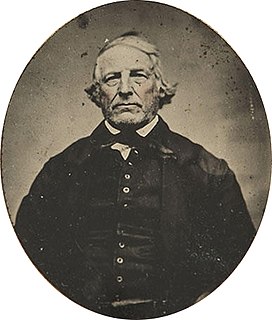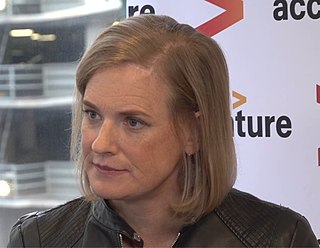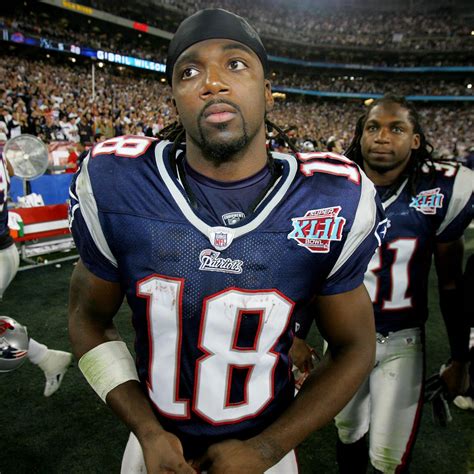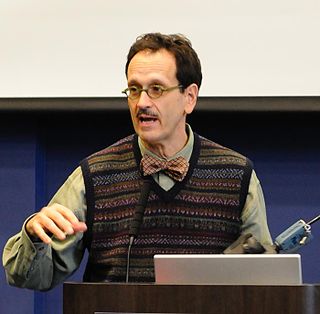A Quote by Dominic Cummings
In many areas, the E.U. regulates to help the worst sort of giant corporate looters defending their position against entrepreneurs. Post-Brexit Britain will be outside this jurisdiction and able to make faster and better decisions about regulating technology like genomics, AI and robotics.
Related Quotes
If we all make systematic mistakes in our decisions, then why not develop new strategies, tools, and methods to help us make better decisions and improve our overall well-being? That's exactly the meaning of free lunches- the idea that there are tools, methods, and policies that can help all of us make better decisions and as a consequence achieve what we desire-pg. 241
I always hear people saying, "If I can just help one person, or if I can just stop one person from doing what I did." I don't think one person is enough. I feel you can help more than one person, help as many as you can. That's something that I would like to leave as my legacy: That I helped a lot of people and made some people make better decisions after looking at the decisions I've made in my life.
Normally I do all my own post work. It's not that I do it better than anyone else, I just do it my way. I make decisions. People who print at labs are probably far better printers, but they won't make my decisions mid-process. I don't want to be out of the loop. I want to be a photographer and do all of it.
Economically anxious, many parents see their children's accomplishments as a sort of insurance against the financial challenges of old age; high-achieving kids, this logic goes, will become high-earning adults and therefore be better able to help Mom and Dad pay for the assisted-living facility in a few decades.
People are trying to build a society where they can talk across the aisle so to speak, and have civil discourse. At the same time we're trying to inform ourselves about what's really true so that we can make evidence based decisions that is better than superstition or rumor. But the fact is that people who use evidence based decision making have much better life outcomes, greater life satisfaction, they live longer, they make better personal and medical decisions, better financial decisions. But parallel to that is you can't reason somebody out of a position they didn't reason themselves into.
Some incubators, like Y Combinator and TechStars, were started by successful entrepreneurs wishing to help the next generation learn from their experiences. Other programs, such as Viterbi Startup Garage and Austin Technology Incubator, were created by universities to help young entrepreneurs bridge the knowledge gap from student to funded company.



































